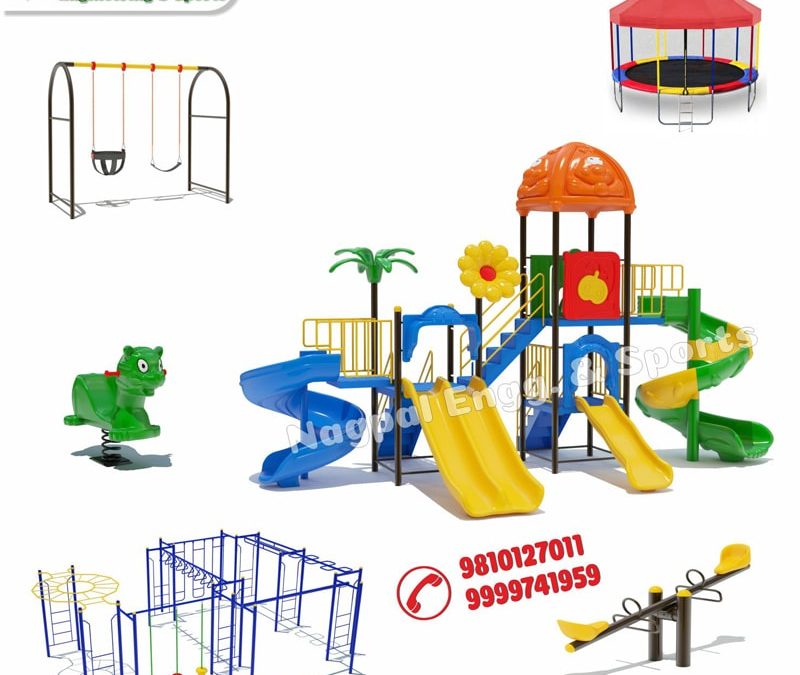The Importance of Outdoor Play for Children
Playgrounds are places where children’s play can take off and flourish. Good outdoor playgrounds are large enough and designed in such a way that children’s play can come to full expression, where children can make a mess, run, jump and hide, where they can shout, whistle and explore the natural world. A variety of factors determine the quality of a playground for young children from infants to eight-year-olds. These include design of the play area, safety issues,

play equipment, accessibility, and adult supervision. Particular emphasis should be placed on how playgrounds must encourage all forms of play. There is a critical need to develop a disposition for outdoor physical activities in our young children. Outdoor play should not become too academic and too teacher controlled.
Purpose of Outdoor Play
There are two fundamental reasons why outdoor play is critical for young children in our early childhood programs and schools. First, many of the developmental tasks that children must achieve—exploring, risk-taking, fine and gross motor development and the absorption of vast amounts of basic knowledge—can be most effectively learned through outdoor play. Second, our culture is taking outdoor play away from young children through excessive TV and computer use, unsafe neighbourhoods, busy and tired parents, educational accountability, elimination of school recess, and academic standards that push more and more developmentally inappropriate academics into our early childhood programs, thus taking time away from play
Health
Everyone who works with young children in early childhood programs and schools knows how quickly bacteria and viruses spread in these environments. One way to reduce the spread of infection is through lots and lots of fresh air. Outdoor play enables the infectious agents to spread out and be dissipated; it also enables children to get fresh air and exercise and be less constrained than they are in the classroom. Outdoor play also enables children to enjoy the natural environment and learn to seek out exercise, fresh air, and activity. There is something fundamentally healthy about using the outdoors. Thus outdoor play develops disposition for the outdoors, for physical activity, and for care of the environment. Children who engage in lots of physical activities at school tend to engage in more energetic activities at home, while children who have childcare and school

